Online to Offline Dating – When you decide to take the plunge into offline dating, you are making a huge commitment to yourself. This can be both a scary and exciting thing. You want to make sure that you are doing it for the right reasons, and that you are not hurting yourself. As such, it is important that you find a trusted professional to guide you through the transition. Here are some things to look for as you make the move from online to offline dating.
Research gaps
There are several important aspects to consider when looking at transitioning from online to offline dating. For instance, you may want to consider if your chosen medium is a receptive audience. Also, you might be better off sticking with your guts. And if you have decided to go the traditional route, the good news is that you’re not alone. Indeed, the number of online daters continues to grow. This is a trend that’s likely to continue, as more couples scout online for love. However, despite the fact that online dating has become more prevalent, many online daters still prefer the old fashioned way.
To make the transition from online to offline dating smoother, you need to do a lot of homework. In addition to conducting a thorough review of the literature, you’ll also have to account for the other players in your court. You’ll need to identify the best of the breed, and keep in mind that a one-size-fits-all approach is not a viable solution. And, of course, you’ll have to put up with the occasional sexiest of the lot.

The authenticity of offline dating
Most online daters feel a bit out of the loop when it comes to the real world. This may be a function of the online medium. It also helps that most of us are introverted. The novelty of being in the company of someone who is not looking for a date has a way of breaking the ice. Some people may be lucky enough to find their match on the first try. In other words, online dating is not always the most successful endeavor.
However, it does provide a conduit to meet up with your potential paramour. So, you might as well learn a thing or two. Here’s your chance to prove yourself worthy of the love of your life. With a little luck and a bit of forethought, you can find your match. A bit of sex savvy will go a long way in ensuring a lasting and sexy relationship. Besides, who knows, your significant other might even be someone you already know.
The online dating medium might be a good place to start. However, the gist of the matter is that offline dating has its own set of challenges. For instance, you may have to deal with the grumpy ex-lover in order to find out if your match is actually the person you’ve been fantasizing about. And, in all fairness, you may have to be a little more tactful than you would in a social setting. You may also have to deal with the awkward small talk etiquette.
Misrepresentation
Misrepresentation is common in online dating. It is a strategy to enhance one’s image in order to attract potential partners. Researchers have recently made progress in understanding the role of deception in online profiles. However, little research has investigated the effects of deception in offline relationships. This study extends previous research by examining the impact of deception on relationship outcomes.
To conduct the study, Ramirez and Zhang recruited participants using a variety of methods. Participants were asked to complete a survey before and after a first date. They were also provided with an information sheet. The participants were then instructed to share the information with their social networks. Some participants were encouraged to post the link on their Facebook profile, while others were prompted to advertise it on message boards and in local universities.
Before completing the survey, participants were asked to remove any personally identifiable information from their email. Data was then analyzed for linguistic markers of deception. A linguistic analysis tool, Linguistic Inquiry and Word Count (LIWC), was used to analyze the emails. LIWC uses an internal dictionary of 4500 words to extract linguistic patterns. Using this tool, the researchers observed a correlation between deception and the use of positive emotion words.

Participants were also asked to rate the level of deception in the person’s email. Their ratings of partner deception were modest, consistent with previous studies that have shown small misrepresentations of online profiles. While the overall findings did not provide statistically significant evidence of a correlation between perceptions of deception and relationship outcomes, they support the theory that online daters are strategic in their deception.
These results suggest that modality switching is a factor in the developmental prognosis of prospective relationships. This is because the transition from online to offline communication reduces the amount of uncertainty that partners face in short-term and long-term online partnerships.
Although the findings of this study are limited by the methodological issues involved, they offer important avenues for future work. Future work should focus on factors associated with the development of successful offline relationships.
The tipping point
The transition from online to offline dating is often a tumultuous time. You may be a bit wary, especially if you haven’t had much luck with a date. It’s also a time when your expectations are high. There’s a lot to consider, so be sure to approach your first date with a positive attitude.
According to a study, the tipping point in online dating occurs after 17 to 23 days. This timeframe is short enough for diminishing returns to begin, but not long enough for the effects of an extended interaction to produce negative effects on an initial in-person meeting.
A literature review identified a variety of elements that might be responsible for tipping. Researchers examined the characteristics of the relationship, as well as the quality and outcomes of the face-to-face interactions. They found that relational communication is defined by the communicators’ definitions of themselves, the other person, and the relationship. And this communication is affected by the distance between the two individuals.
Online daters often construct mental constructs of potential partners by reading their profiles. These impressions are idealized and often predispose people to unrealistic expectations. In turn, these expectations make a person more susceptible to misrepresentation and expectancy violation.
A recent study has found that longer wait times for an in-person meeting lead to more disappointment. While this is not a rule for everyone, it can be particularly damaging for those who have inaccurate expectations. People who have too high expectations can become very disappointed if their first date does not go according to plan.
As a result, experts advise against building up unrealistic expectations for your first date. It’s important to meet your partner sooner rather than later to gauge their suitability. For some people, this means going on an online date, but for others, it means taking the relationship offline as soon as possible.
While this study focuses on the transition from online to offline dating, there are other factors that affect offline relationship success. Future research should include a focus on these factors.





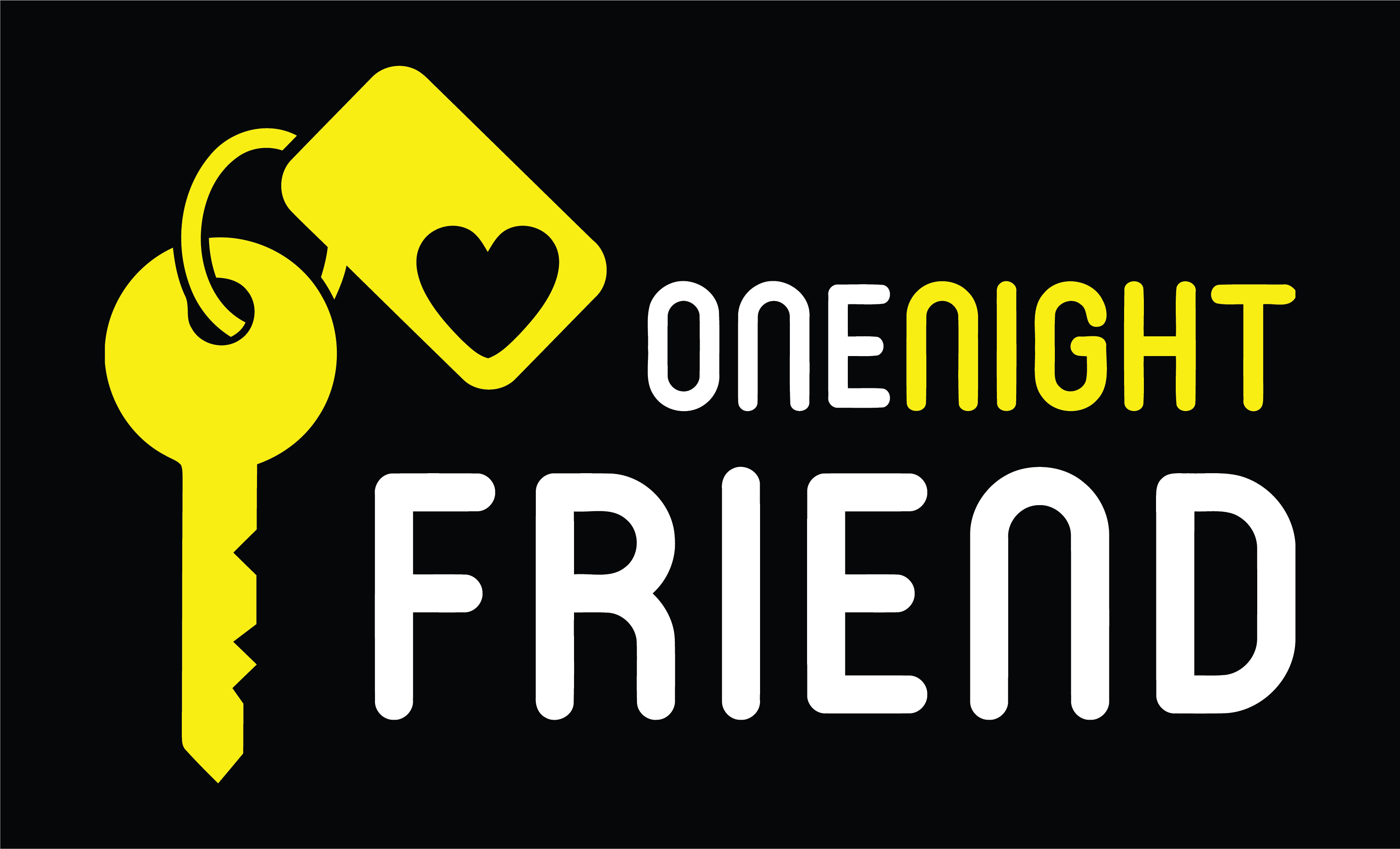



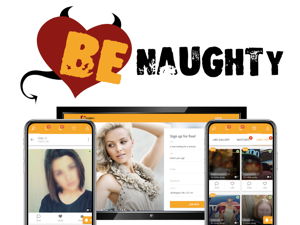



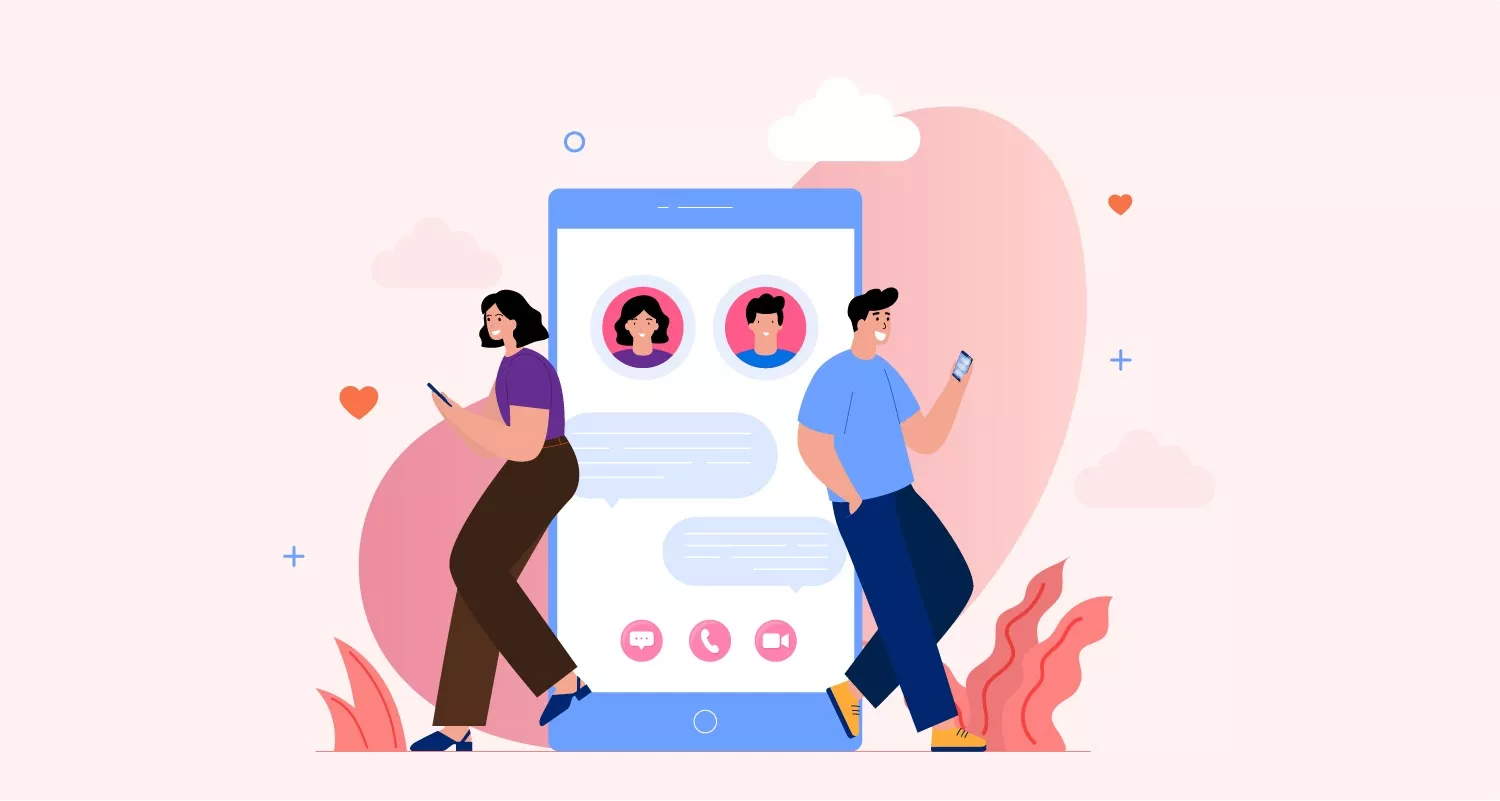










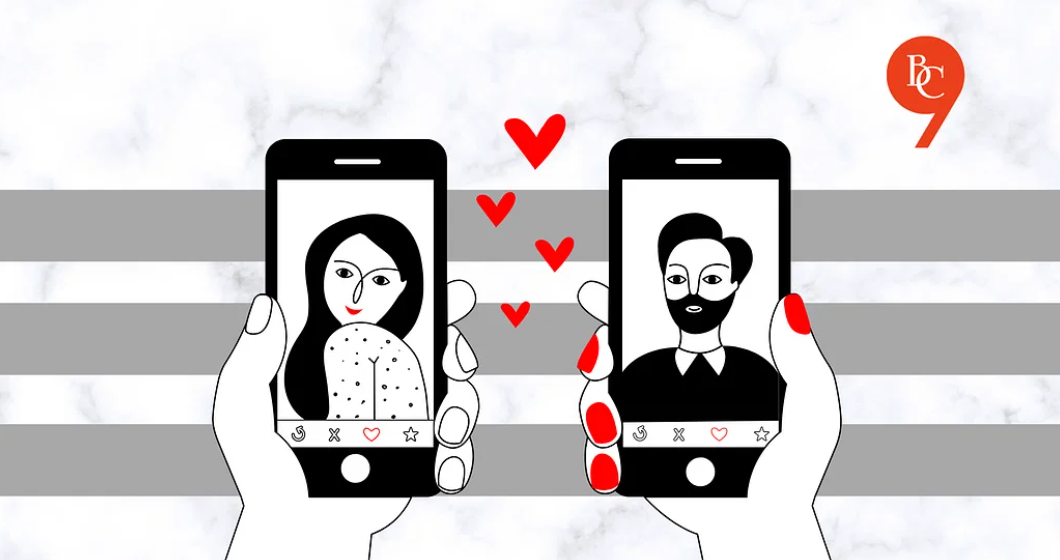





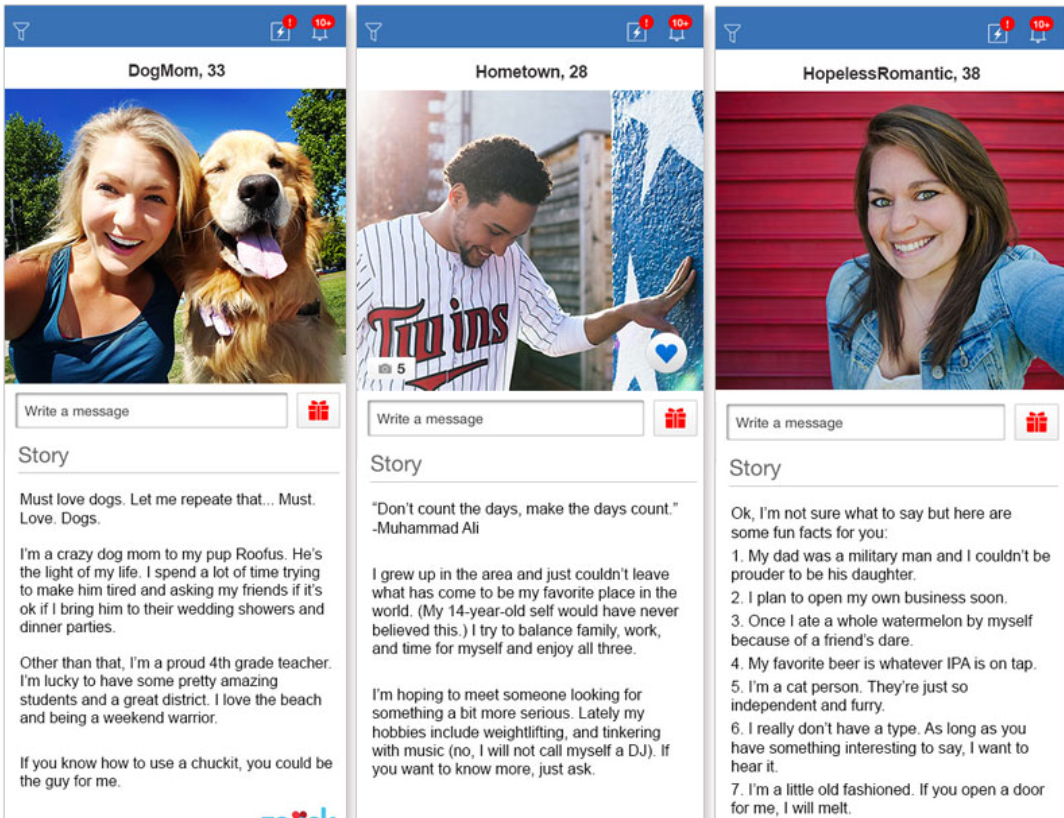








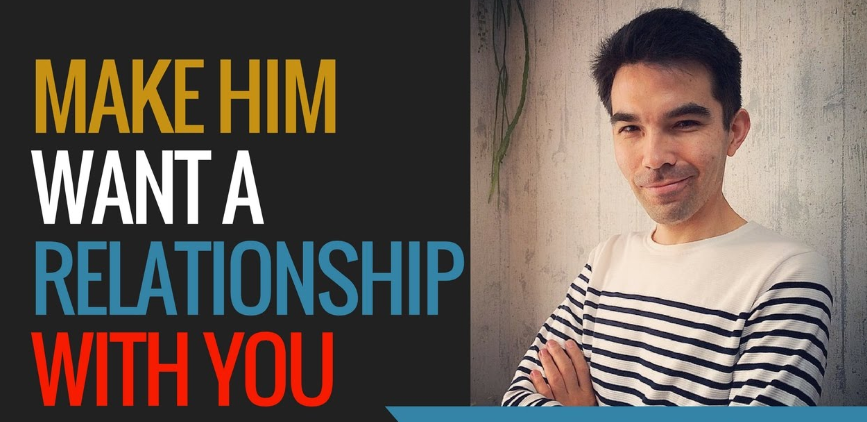
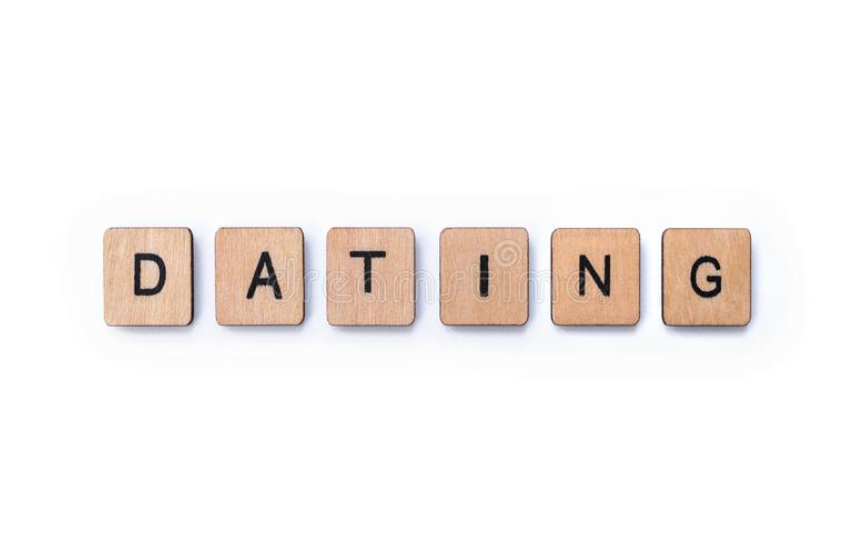










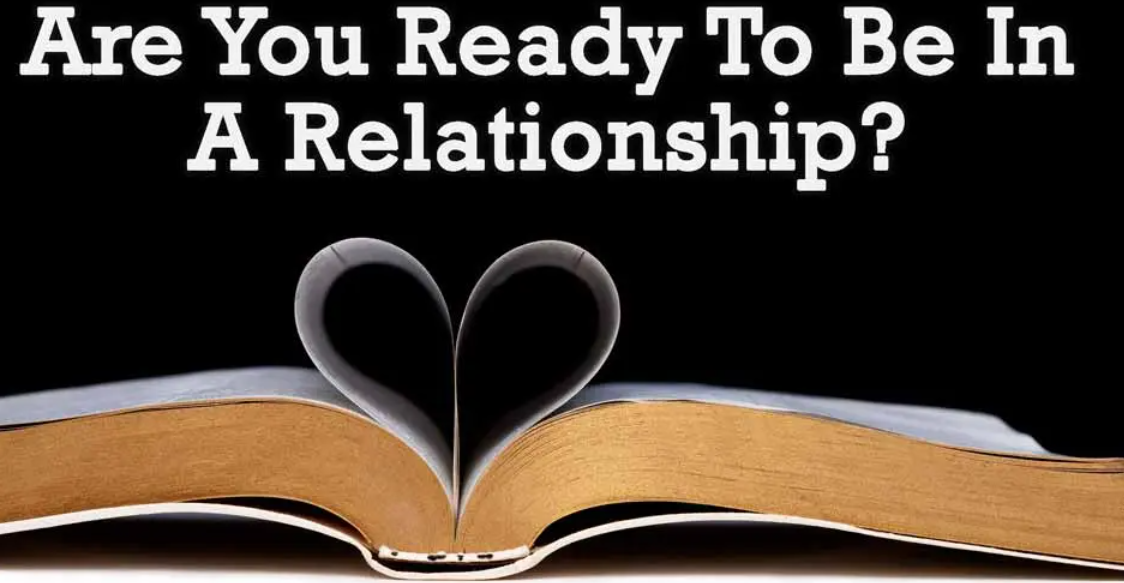
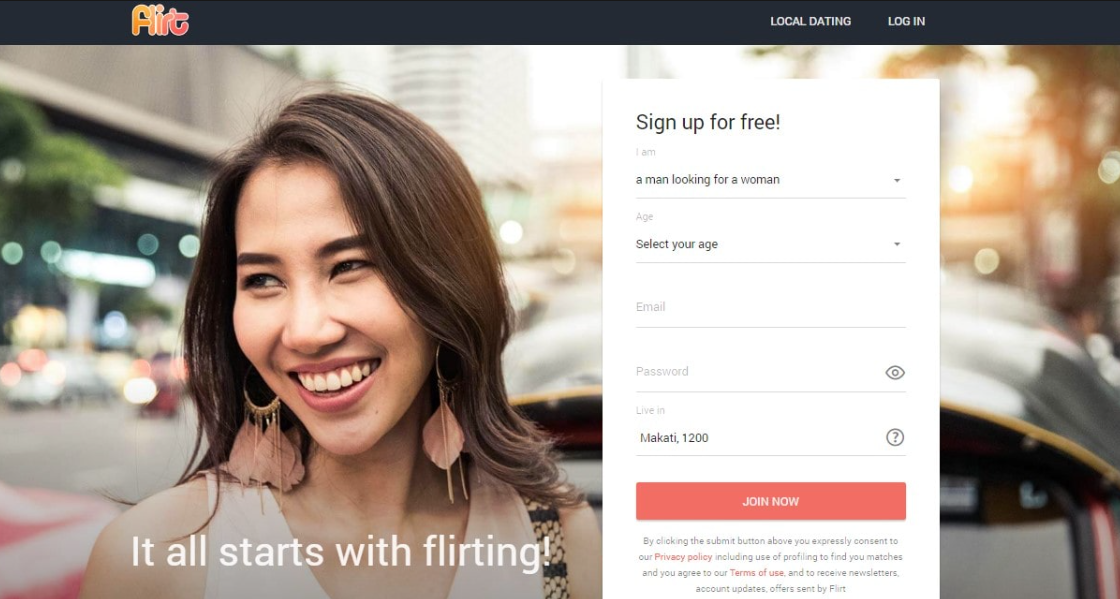
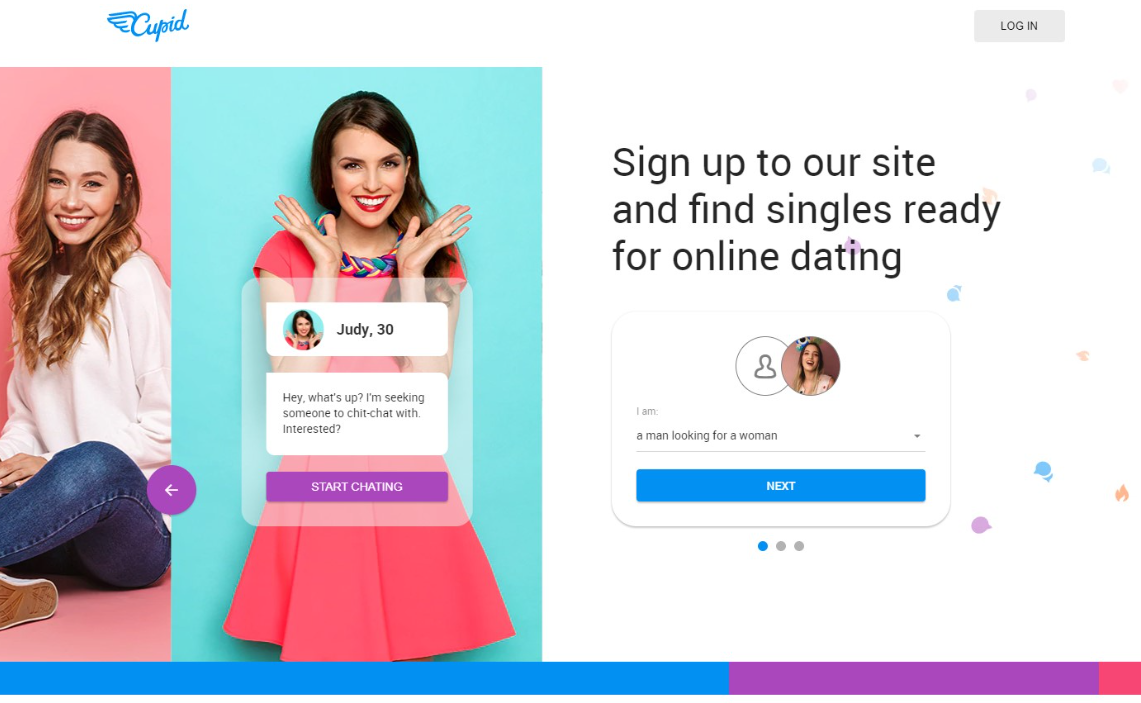





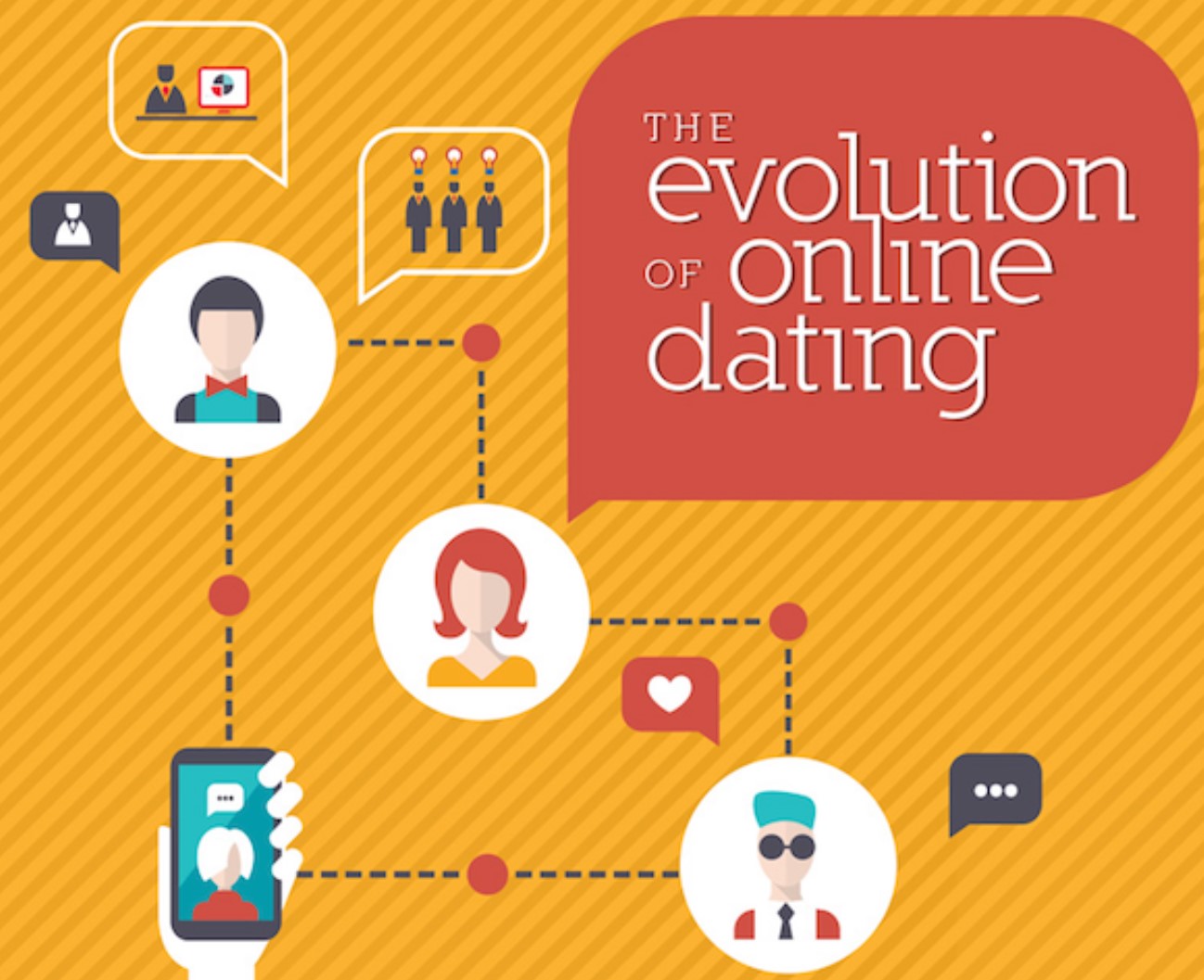

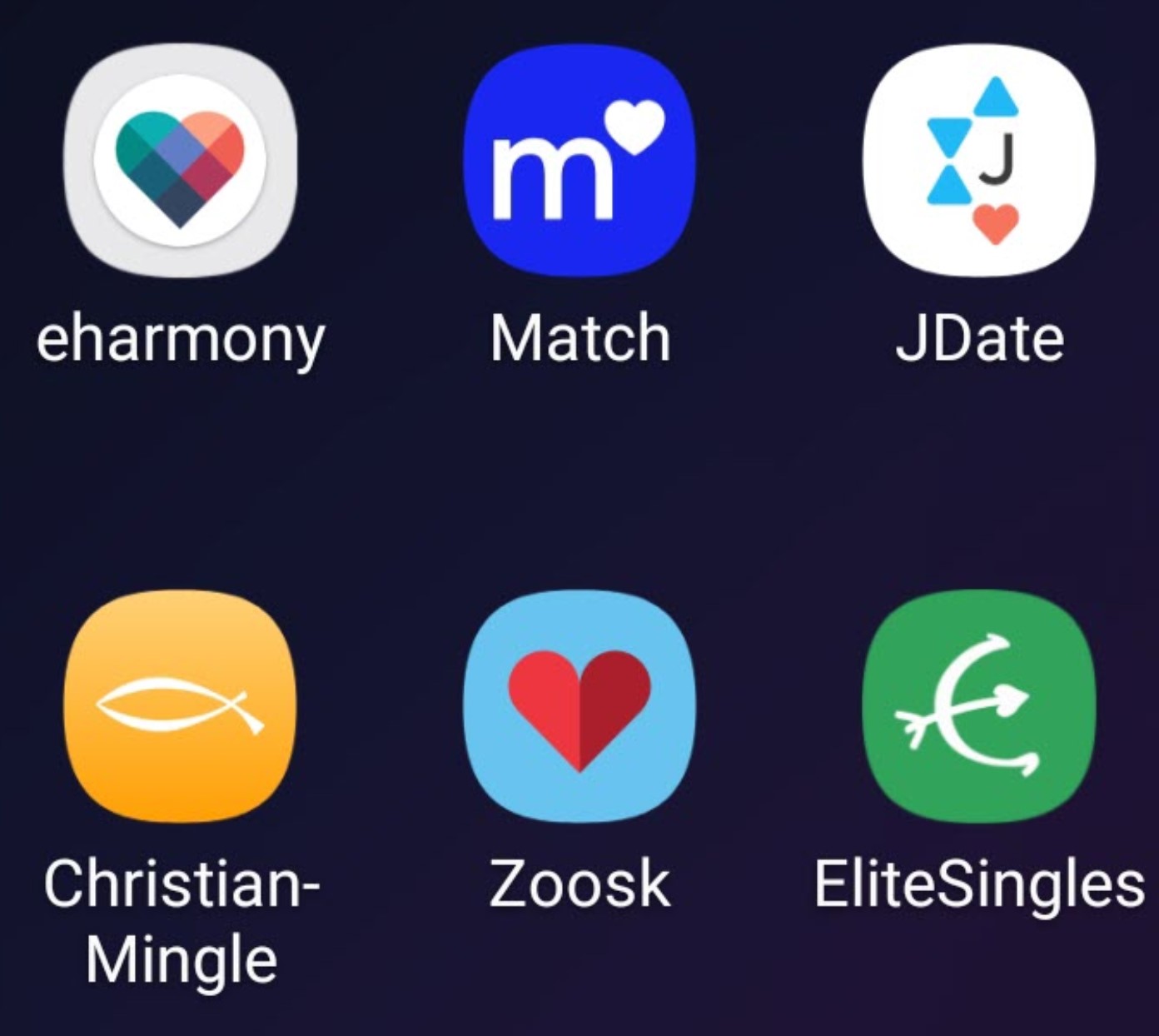

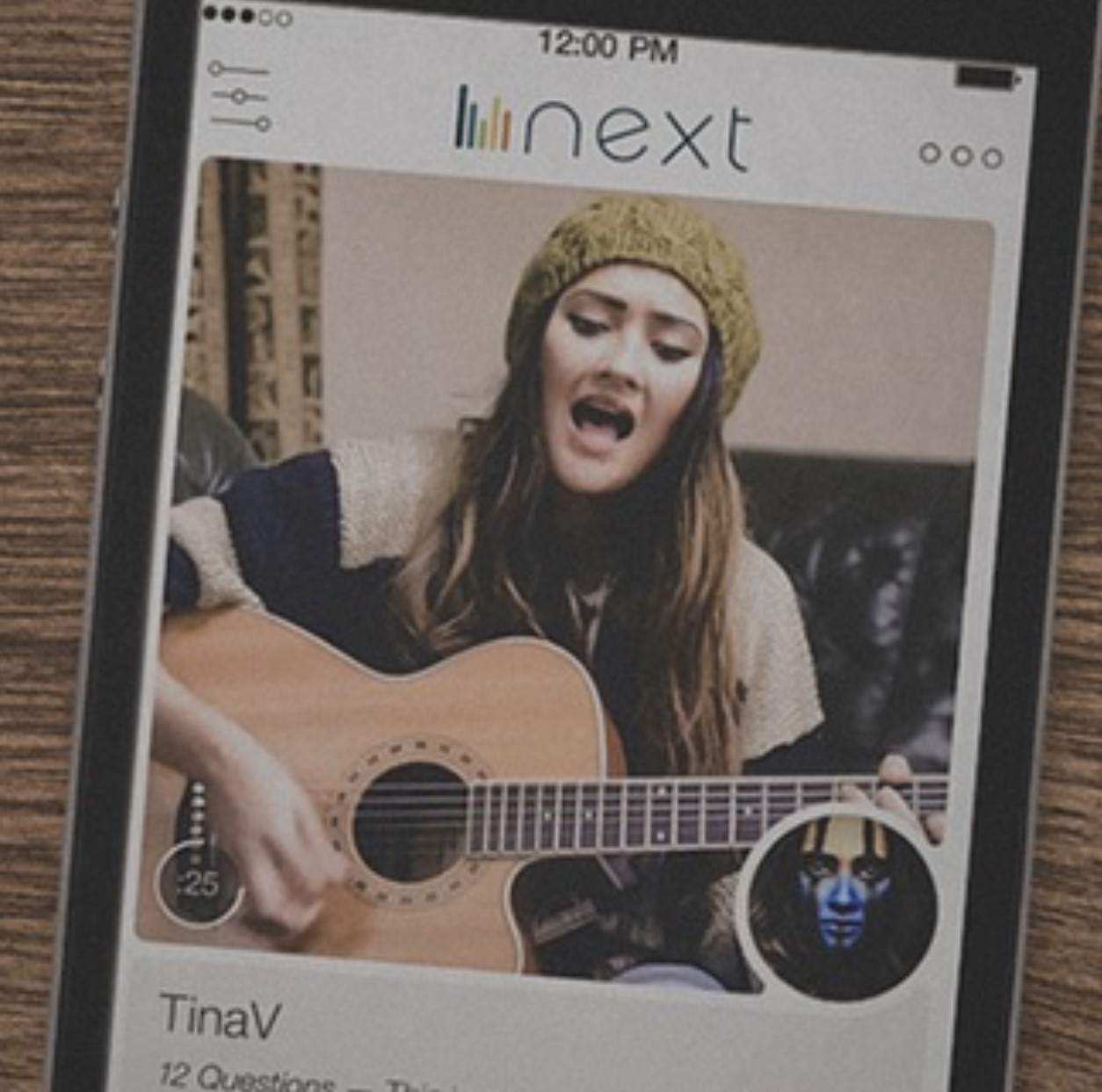




































0